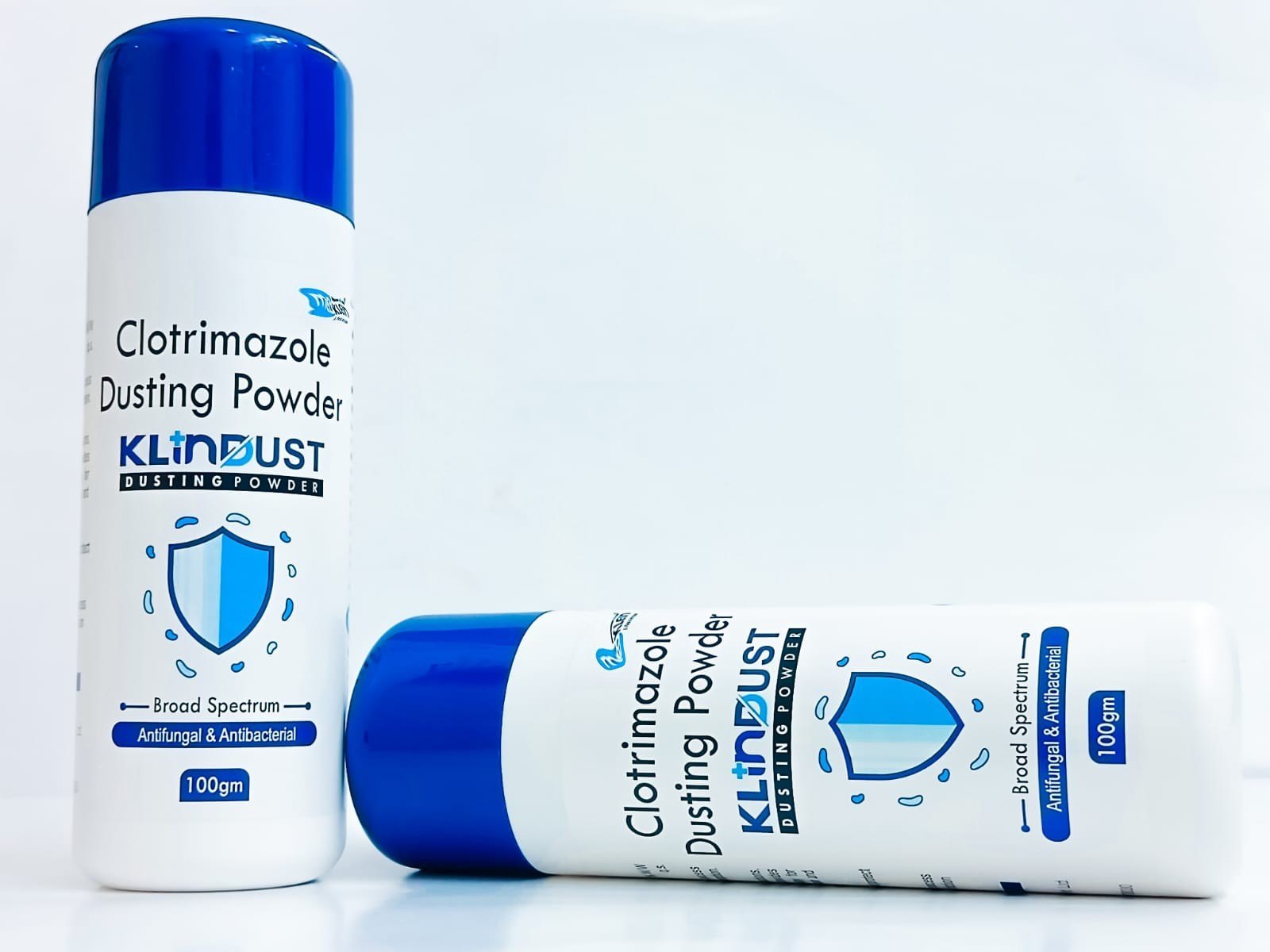
Antifungals play a crucial role in combating fungal infections, which can affect various parts of the body, including the skin, nails, and internal organs. Understanding the key facts about antifungals is essential for anyone seeking to manage or prevent these infections effectively. From their mechanisms of action to the types available, there's much to explore about these medications. In this article, we'll delve into eight essential facts about antifungals, shedding light on their significance in the field of medicine and their impact on human health. Whether you're a healthcare professional, a patient dealing with a fungal infection, or simply curious about this aspect of medicine, this comprehensive guide will provide valuable insights into the world of antifungals. So, let's embark on a journey to uncover the fascinating details about these vital medications.
Key Takeaways:
- Antifungals are medications that fight fungal infections in different forms like creams and oral tablets. It’s important to follow the treatment plan to avoid side effects and drug interactions.
- Antifungals are essential in healthcare, treating a wide range of fungal infections. They don’t work against bacterial infections, so accurate diagnosis is crucial for effective treatment.
Antifungals are Medications Used to Treat Fungal Infections
Antifungals are a class of medications designed to combat fungal infections. These infections can affect various parts of the body, including the skin, nails, and internal organs. Antifungals work by targeting the fungal cells while sparing the human cells, thus eradicating the infection without causing harm to the patient's body.
Directed by Oliver Stone, this iconic war film took the world by storm with its raw portrayal of the Vietnam War.
Antifungals Are Available in Different Forms
Antifungal medications come in various forms, including creams, ointments, oral tablets, and intravenous solutions. The choice of formulation depends on the type and severity of the fungal infection. For instance, topical antifungals are commonly used to treat skin infections, while systemic antifungals are prescribed for more severe or internal fungal infections.
Antifungals Can Treat a Wide Range of Infections
Antifungal medications are effective in treating a diverse array of fungal infections, such as athlete's foot, ringworm, yeast infections, and serious systemic infections like cryptococcal meningitis. Their broad spectrum of activity makes them invaluable in combating different types of fungal pathogens.
Antifungals May Interact with Other Medications
It's important to note that antifungal medications can interact with other drugs, including over-the-counter supplements. These interactions can affect the effectiveness of either medication or lead to adverse effects. Therefore, it's crucial for healthcare providers to be aware of all medications a patient is taking to prevent potential drug interactions.
Antifungals Require Compliance with Treatment Regimens
To ensure the effectiveness of antifungal treatment, it's essential for patients to adhere to the prescribed dosage and duration of the medication. Skipping doses or discontinuing the treatment prematurely can result in the persistence of the fungal infection or the development of drug-resistant strains.
Antifungals Can Cause Side Effects
Like many medications, antifungals can potentially cause side effects, such as gastrointestinal disturbances, skin rashes, and liver function abnormalities. Patients should be aware of these potential side effects and promptly report any concerning symptoms to their healthcare provider.
Antifungals Are Not Effective Against Bacterial Infections
Despite their efficacy against fungal infections, antifungal medications are not designed to combat bacterial infections. It's crucial for healthcare professionals to accurately diagnose the type of infection before initiating treatment to ensure the appropriate medication is prescribed.
Antifungals Play a Vital Role in Healthcare
Antifungal medications are indispensable in the field of healthcare, contributing significantly to the management of fungal infections and improving patient outcomes. Their role in preventing the spread of fungal pathogens and alleviating the suffering caused by these infections is paramount in modern medical practice.
Directed by Oliver Stone, this iconic war film took the world by storm with its raw portrayal of the Vietnam War.
Conclusion
In conclusion, antifungals play a crucial role in combating fungal infections, offering relief to countless individuals worldwide. Understanding the diverse types of antifungal medications, their mechanisms of action, and potential side effects is essential for both patients and healthcare providers. By recognizing the significance of proper usage and adherence to treatment regimens, individuals can effectively manage fungal infections and prevent potential complications. As research and innovation continue to advance, the development of new antifungal agents holds promise for improved efficacy and expanded treatment options. With ongoing efforts to enhance awareness and education, the impact of antifungals in safeguarding public health is poised to grow, underscoring their indispensable role in modern medicine.
FAQs
What are the common types of antifungal medications?Antifungal medications encompass a range of types, including azoles, echinocandins, and polyenes. Azoles, such as fluconazole and itraconazole, are widely used for various fungal infections. Echinocandins, like caspofungin and micafungin, target the fungal cell wall, while polyenes, including amphotericin B, exert their effects by binding to fungal cell membranes.
Are antifungal medications safe for everyone?While antifungal medications are generally safe and effective, certain individuals, such as those with specific medical conditions or taking particular medications, may require close monitoring or alternative treatment options. It is crucial to consult a healthcare professional to determine the most suitable antifungal therapy based on individual health factors and potential interactions.
Was this page helpful?
Our commitment to delivering trustworthy and engaging content is at the heart of what we do. Each fact on our site is contributed by real users like you, bringing a wealth of diverse insights and information. To ensure the highest standards of accuracy and reliability, our dedicated editors meticulously review each submission. This process guarantees that the facts we share are not only fascinating but also credible. Trust in our commitment to quality and authenticity as you explore and learn with us.
